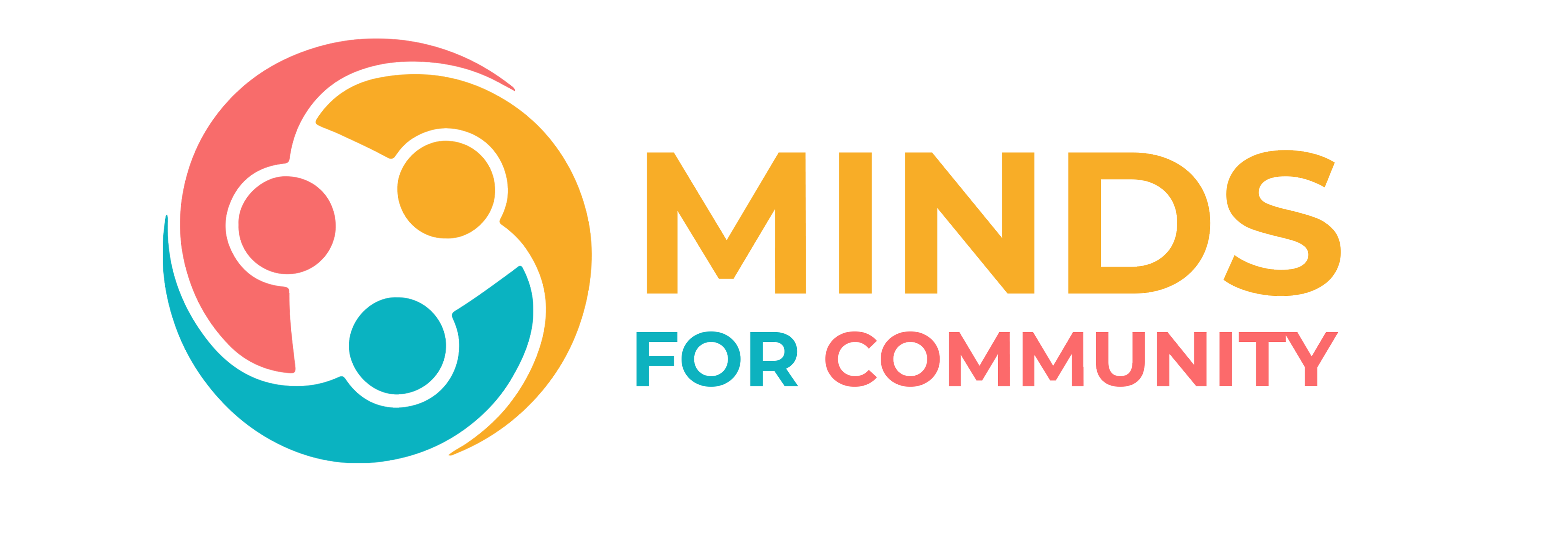Years may pass by, and some of us do not ask ourselves clearly: Who am I? What is my personality? How is it formed? What is it made of? How do I know myself and my interests? How can I change or develop them? And other questions that everyone who seeks success or leadership should care about. In this article, we will explain why these questions are of utmost importance; To help you on your path to success, and an important point in your planning.
Elements of a Professional Personality
It is very important for a person to realize that his personality was formed over time from a group of different elements, including aspects that affect professional life:
Professional values: These are the individual’s internal beliefs about what is important and unimportant in matters related to a job or our professional life in general
Professional interests and tendencies: These are the personal preference and internal desire to practice a group of jobs or certain types of tasks. And the willingness to exert maximum effort and continue to work in it for the longest possible period with an internal feeling of happiness and satisfaction while working.
Personality type: It is the way and style that an individual tends to follow naturally when dealing with different life situations and the way he interacts with them. Personality type is closely related to the way of making decisions.
Multiple intelligences: These are multiple mental competencies and abilities that all children are supposed to be born with and are capable of developing throughout life (such as physical or muscular intelligence, social intelligence or the intelligence of knowing others, musical or melodic intelligence, visual or spatial intelligence, etc.)
Emotional interaction: It is the effect of the individual’s inner feelings and emotional factors, and on his actions in dealing with personal situations and people around him, and his ability to manage his emotions.
These elements – naturally – were formed as a result of genetic, family and societal factors, and most importantly your personal contribution to crystallizing, forming and developing them. You can read the article “Elements that influence the formation of professional personality”
Why should we know the different aspects of our personality?
The importance of knowing our personalities for professional life lies in several aspects, and here are some examples:
Self-control: When an individual understands himself more deeply, and knows the aspects of excellence and weakness, this will enable him to deal with them intelligently and skillfully, and be more in control of his behavior and more understanding of his emotions. There is no doubt that knowing the aspects of personality has a great impact in trying to avoid some mistakes that appear in dealing with circumstances and with others, and knowing and understanding positive patterns increases self-confidence.
Choosing the appropriate path: A person’s awareness of his personal tendencies and interests makes him highly aware of the educational or practical paths that suit him and he may excel in them, and in which he reaches a high degree of professional satisfaction.
Making the right decisions: When we understand the different aspects of personality and their effects on us and on the way of thinking, the person can put the data in its appropriate framework, and how it really affects his decision, which greatly helps in making the right decisions from a personal and general perspective.
Personality and skills development: Self-awareness Knowing yourself is the first step to developing and improving your personality. This begins with knowing your positives and negatives, knowing how to influence you, and the best ways to manage your personalities and employ them effectively to achieve your goals, especially for those looking for brilliance and happiness in their professional or personal lives.
The ability to acquire social and emotional intelligence: Knowing your personality aspects is one of the basic points in communication, interaction, and social and professional relationships. The more you know yourself, the more you can employ that by communicating with others effectively and influencing them. This also helps in managing your feelings significantly, which leads to your ability to control your feelings effectively.
Enjoying mental and psychological health: This is something that some may not pay attention to, as self-awareness in its various aspects leads to a higher stage, which is self-acceptance and understanding. This makes it easier for you to know that there are natural individual differences between people, and that there is no person better than another person in general. Thus, your acceptance of people with their differences and the different ways they express themselves and their actions is formed. Awareness of yourself and accepting it creates a space for optimism and happiness for you. Thus, we can summarize the importance of benefiting from knowing the aspects of personality and self-awareness: The “stage of self-realization” and awareness of it leads you to the “stage of acceptance” of yourself and others, and this acceptance leads you to the “stage of adaptation” with yourself and others with all the differences between you and them, then the last stage is the “stage of development and change”, which cannot occur effectively in the absence of the stages of acceptance and adaptation. A person can develop himself well after knowing the strengths and weaknesses, and then targeting them with the appropriate means and methods for the individual according to his understanding of his personality and the keys to developing it.
Finally, we do not need to change the basis of our personalities, and it may not be possible; rather, our real need is how to deal with our patterns, interests and tendencies and manage them well, control them and develop them, as all patterns and personalities contribute positively to building the world around them.





